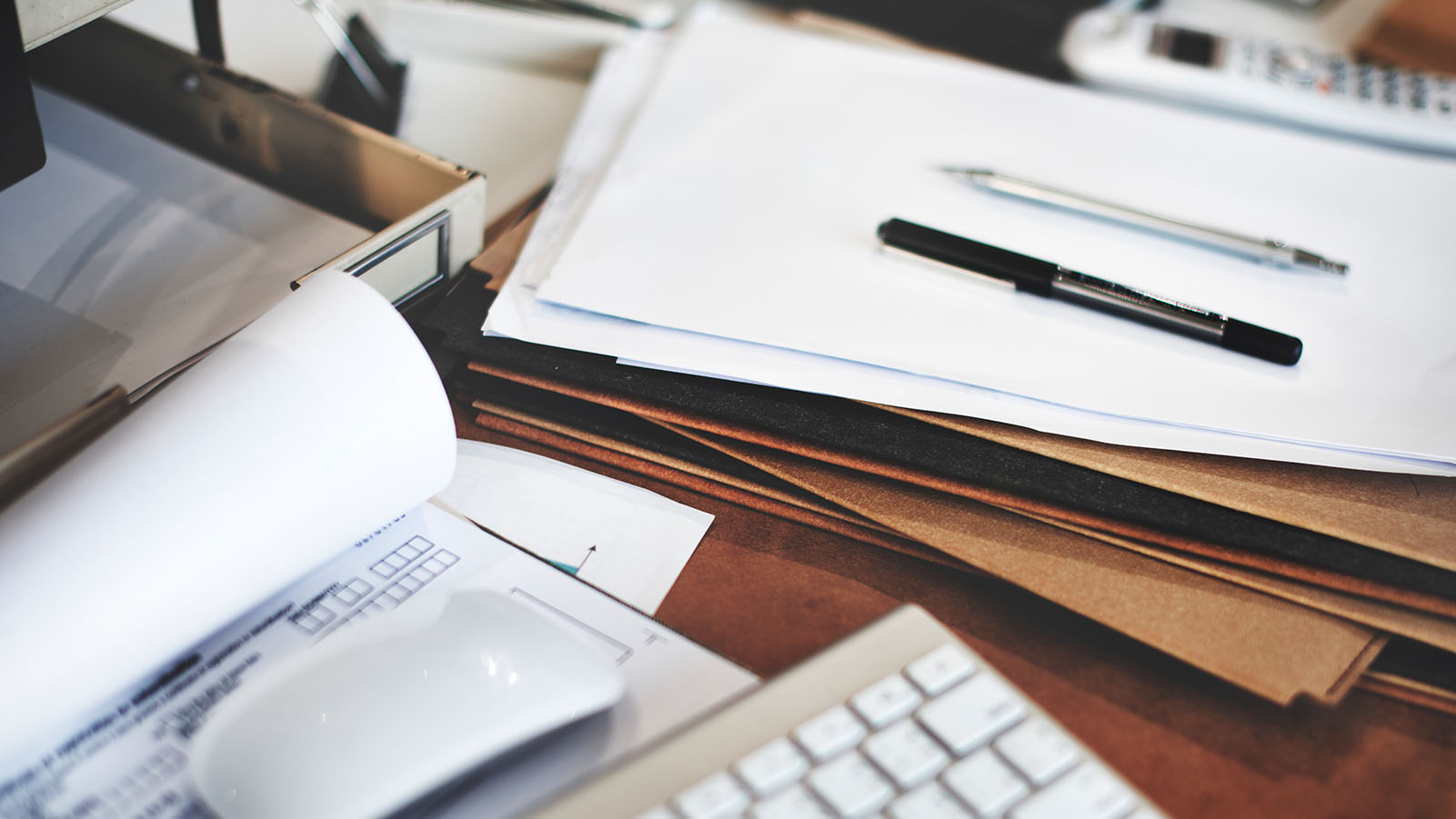Bringing the right documents is an important part of the interview process — trust us.
This is the story: You've spent a few weeks researching potential job interview questions and meticulously rehearsing the answers. You walk into the interview room and sit across the hiring manager, only to hear them say, “Sorry, I don't have a copy of your resume. Do you have an extra copy with you?” You then empty out your bag in a panic, only to realize that you didn't bring any extra copies! Imagine how humiliating that would be.
You'd be surprised how often candidates walk into an interview to find out that the interviewer doesn't have a copy of their documents. Thus, being prepared with key documents can certainly increase your chances of having a successful interview. Read on to learn what documents are required for the job interview, plus other important things to remember.
Documents required for the job interview
Copies of your resume
Pro tip: Always bring more than one copy of your resume or CV to your job interview. A good rule of thumb would be to bring four to five copies, as you may be interviewed by multiple people. Plus, you never know, things could go so well in the interview that the hiring manager sends you for a second interview with another member of their team or even their boss!
It wouldn't look very good if you can't provide extra copies of your resume under such circumstances. The hiring manager might also ask you to leave a few copies for the HR personnel at the end. It's a good idea to print out five extra copies of your resume and bring them in a resume presentation folder on the day of your interview.
Copies of your reference list
References from your previous managers and supervisors are a good testimony of your abilities, so bringing copies of this list would be beneficial during your interview. You can also include co-workers that you directly worked with in your reference list. If you're a fresh graduate, include professors that you worked closely with as well.
References should be people who can attest to your professional skills, work experience, and achievements. You can also consider any volunteer activities that you've been a part of. Community leaders who can speak to your work ethic are excellent options, as well. Similar to the point above, be sure to bring additional five copies of your reference list in case they're needed. If you aren't asked for your references during the interview, you can ask if they are needed at the very end.
Pre-written interview questions for your hiring manager
When putting copies of your resume and reference list into your resume presentation folder, be sure to also include a sheet of paper with at least two or three pre-written questions to ask your interviewers. Writing them down comes in handy in case your mind goes blank and you freeze when they ask you if you have any questions.
Driver's License
Bring your driver's license to the job interview — even if you're not driving yourself to the venue. Depending on where the interview is taking place, the building might have a strict security policy that requires you to show photo I.D. proof before you're allowed in.
Fact sheet
This document will not be required by the interviewer, but it'll come in handy for your own use. A fact sheet should list out the names, addresses, phone numbers, and work dates for each position that you've held in the past. If you have an updated profile on LinkedIn, you could simply print your profile and manually add the address and phone numbers of each company that you've worked at.
Don't be too reliant on looking up all this information on your phone, as a small thing such as your phone battery dying or a lack of good connection at the venue could make you look unprepared. Most companies will ask for this information to help them in conducting background research before hiring you, so do prepare ahead of time.
Work portfolio
A portfolio is an effective tool in showcasing examples of your work, such as website articles, architectural designs, apparel designs, advertisements, and marketing materials. Be sure to bring a work portfolio to your interview to set yourself apart from other candidates and efficiently demonstrate the quality of your work in the past.
Other materials a candidate should bring to the job interview
Pen and paper
Always bring a pen and paper when going for a job interview. Take notes on the questions that the hiring manager asks or good insights that they share. You can use these notes to write a thoughtful and personalized thank-you email when you follow up.
A bag or briefcase
Once you have prepared the documents required for your job interview, you should decide how you're going to neatly organize and carry them. The goal is to look put together and prepared.
Choose a handbag, briefcase, messenger bag, or resume presentation folder that can hold everything and looks professional. Avoid going for bags with fancy or busy designs and distracting colors, as you don't want your appearance to make you look unprofessional. Backpacks may be appropriate for some work settings, but not for all job interviews. Use your best judgment on choosing a bag based on what you know about the company culture.
Being prepared with the right documentation for your job interview will help ease your mind and focus on what's most important — showing potential employers why they should hire you in the first place.
Need help highlighting your best self during the interview? Our TopInterview coaches and career experts can help you! Learn more about TopInterview today.
 Iswari Nallisamy
Iswari Nallisamy 